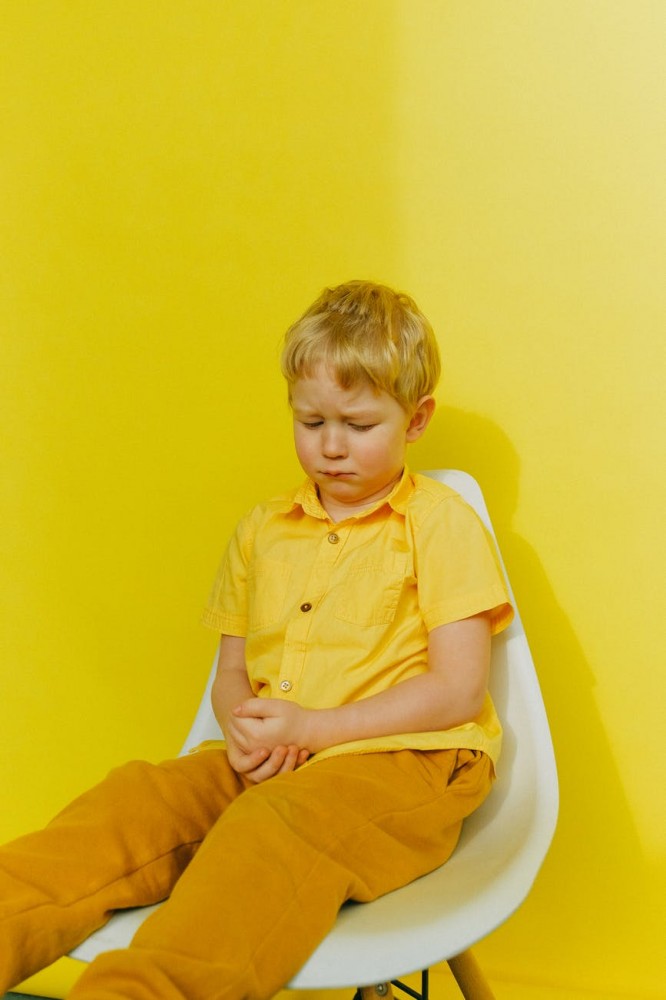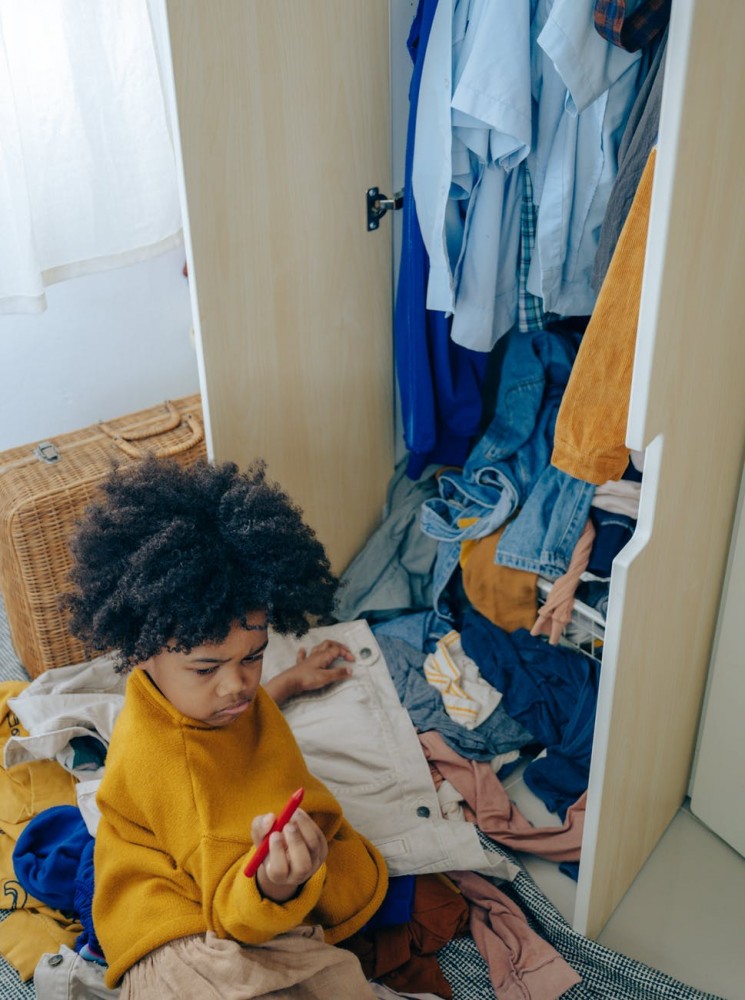
Before diving into the two choices between punishment and reinforcement, let us have a better understanding of what each term means.

Punishment is a means of changing the child’s behaviour deemed undesirable or unaccepted as the society’s norm. Punishment does not have to be physically nor verbally abusive. There are two types of punishment: Positive and negative.
Positive punishment is introducing an unpleasant consequence that is added to discourage the child for that particular behaviour. An example is, if a child talks back to their parents, parents can perhaps add doing more homework for the child.
Negative punishment is removing a benefit to discourage the child for that behaviour. An example is, if a child refuses to do their homework, parents can remove their allocated Youtube time and say ‘No Youtube for the day’.

Reinforcement is introducing a benefit to encourage a behaviour that parents deemed healthy and desirable for the growth of their child.
Positive reinforcement is adding a benefit after a healthy behaviour. An example is, if the child studies consistently for 2 hours each day on top of the school hours, the child is allowed to choose an activity of his choice over the weekend, like going to a park or to the pool.
Negative reinforcement is the removal of an undesirable consequence to help strengthen their healthy behaviour. An example is, if the child does well in school, their workload with the household chores will reduce. This will motivate the child when they see doing household chores an undesirable consequence, and they know that this will be reduced if they study hard to get good grades in school.

There is no right or wrong way when it comes to child-upbringing. Different child responds differently between punishment and reinforcement, and it is up to the parents to use a mixture to determine what works best for their own child.